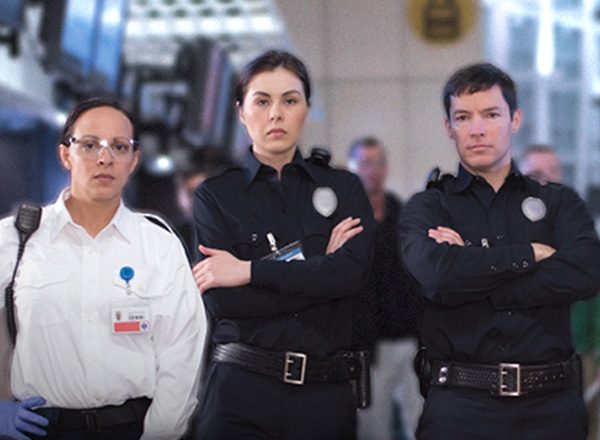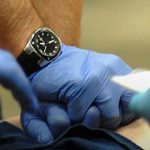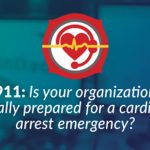Cardiac arrest survival rates vary widely across the country, but overall, these rates are dangerously low — as low as six percent for out-of-hospital cardiac arrests (OHCA).¹ Clearly, there is room for marked improvement.
The better the CPR, the better a patient’s chances of survival. But how does an agency know exactly how strong its CPR skills are — especially if there’s no mechanism in place to measure and improve?
That question drew Glori Strickler, EMS training coordinator for Matanuska Susitna Emergency Services in Palmer, Alaska, to the RQI Prehospital Healthcare Provider program. She explains, “MatSu is a very diverse agency with varying levels of staff experience. There was ‘tribal knowledge’ in our organization that our providers possessed excellent CPR skills, which was proven not to be the case.”
MatSu’s CPR fraction numbers were in the single digits; team members also lacked the assurance to direct others on critical CPR instruction. There were no interventions in place to boost their performance, and consequently, lives were hanging in the balance.
When it came time to renew MatSu’s traditional two-year BLS, PALS and ALS training — and the expenses associated with those renewals — Strickler was prompted to look for more effective alternatives. “Employing an option we knew was inferior and inadequate to continue the status quo was senseless,” she says. “More importantly, the potential CPR improvement equated to lives saved.”
RQI Prehospital Healthcare Provider provides a high-reliability platform for simulation-based mastery learning, implemented through low-dose, high-frequency quality improvement sessions that measure and verify competence. For Strickler, it represented fresh thinking across several key areas:
- Learners receive objective, real-time feedback through program’s skills sessions.
- Fiscal responsibility. RQI began to look very affordable when judged against traditional, yet less effective, options.
- Staff confidence. According to Strickler, “With an absence of clear roles and responsibilities and communication, even on routine calls, I believed RQI could provide structure and boost confidence in this basic, yet lifesaving, skill.”
MatSu launched its RQI Prehospital Healthcare Provider initiative in January 2017. The program had 100% leadership investment from the start, resulting in full staff participation. And for team members who believed they had been delivering solid CPR already, the results were a huge eye-opener, recalls Strickler.
She points to many benefits of adopting the program — some rather unexpected. “Within a few months, our CPR fraction on actual calls jumped from single digits to the 70th percentile, and now hover around 90% on average. ROSC rates have doubled since implementation. And team members now take ownership and confidently direct others, particularly our fire department colleagues.”
Best of all? “Our survival rates are finally starting to climb.”
With COVID-19 cases starting to appear across Alaska, Strickler especially appreciates how RQI Prehospital Healthcare Provider allows MatSu’s EMS workers and staff to maintain their CPR competence and ability to deliver high-quality CPR. “Our teams can adhere to social distancing, since the program essentially stands alone,” she explains.
Ready to help save more lives?
RQI Prehospital Healthcare Provider is the only program that provides a high-reliability platform for simulation-based mastery learning, through low-dose, high-frequency quality improvement sessions. Find out more.
¹ Berger, S., Survival From Out‐of‐Hospital Cardiac Arrest: Are We Beginning to See Progress?, Sep 2017, Journal of the American Heart Association; 6:e007469.









